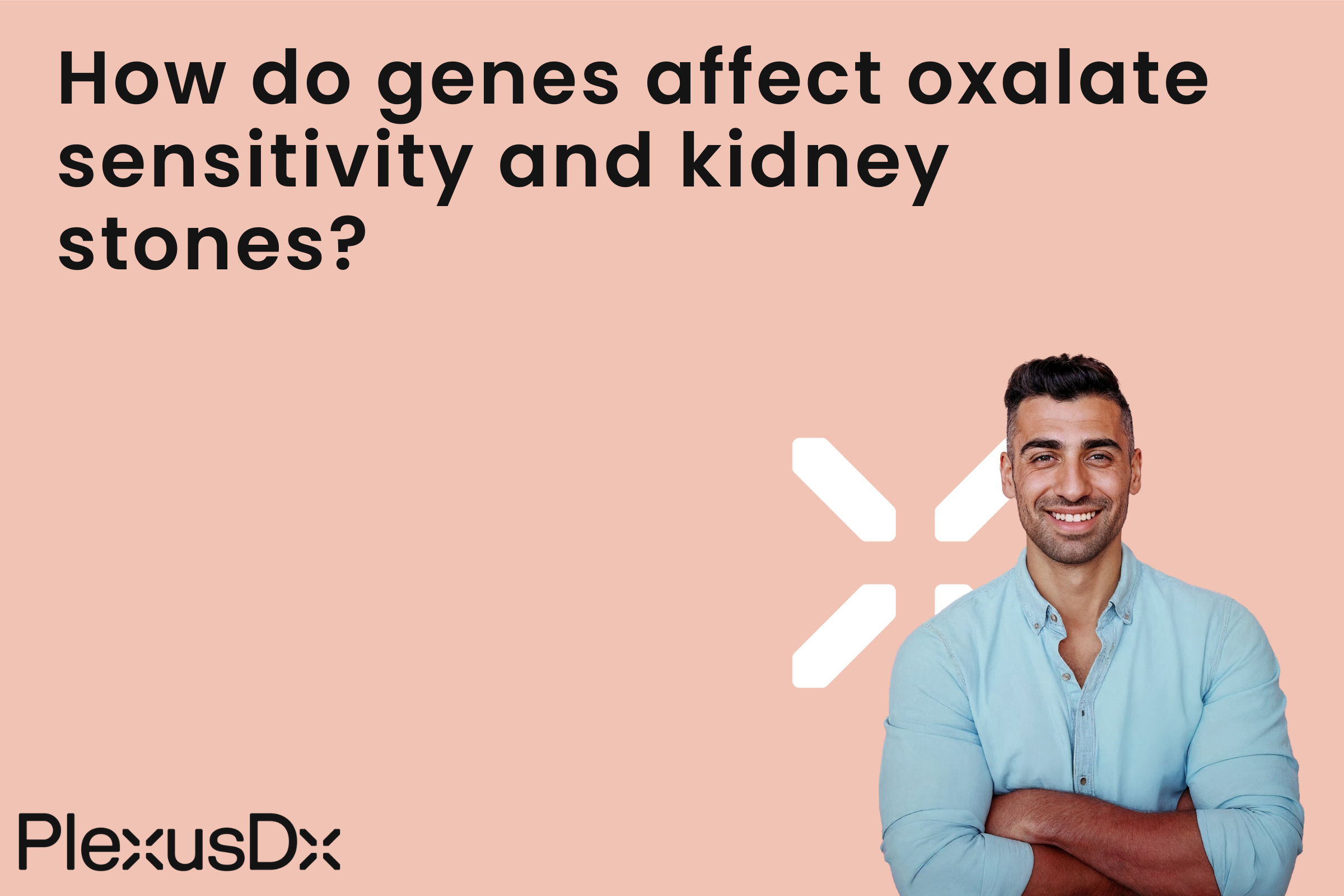Within the study of genetic traits and health connections lies the frequently overlooked subject of oxalate sensitivity.
Have you ever tried to understand why certain people develop kidney stones or face other oxalate-related health problems more frequently? We will investigate oxalate sensitivity and examine how genetic predispositions influence this field. Oxalic acid represents a naturally found substance present in many of the foods we eat on a regular basis. Oxalate naturally appears in numerous foods we eat including spinach and popular drinks like tea and coffee. The main problem occurs when oxalate combines with calcium inside our bodies and creates crystals which are extremely hard to dissolve. The formation of crystals when oxalate binds with calcium disrupts calcium absorption and increases the likelihood of developing painful kidney stones which affect numerous people globally. Oxalate crystals have destructive effects on various body parts beyond the kidneys such as joints and eyes as well as skin. Implementing specific dietary and lifestyle changes is essential to reduce the negative impact of high oxalate levels in the body. To manage oxalate sensitivity successfully you should reduce oxalate intake from foods and drinks use boiling and steaming when cooking increase calcium consumption and limit vitamin C supplementation levels. Individuals who have a susceptibility to kidney stones need to prioritize oxalate level monitoring. Genetic predisposition to kidney stones results in higher dietary oxalate absorption which causes increased urinary oxalate levels that lead to calcium oxalate stone formation. The increased "oxalate sensitivity" demonstrates why personalized dietary choices and lifestyle changes are vital for preventing kidney stone recurrence and associated health issues. Genetic factors play a key role in determining oxalate sensitivity but various additional elements have the power to alter this sensitivity. The way our bodies process oxalate-rich foods and the resulting health effects depend heavily on the composition of our diet and digestive system health alongside the composition of our gut microbiome. Researching oxalate sensitivity with genetics helps us understand how genetic background interacts with dietary decisions. Through understanding oxalate metabolism patterns individuals can take preventive measures against oxalate sensitivity and lower their chances of kidney stones and related health problems. People can effectively manage their health and well-being through a comprehensive approach that blends genetic knowledge with actionable lifestyle changes. Start your journey to better health through PlexusDx Precision Health & Wellness testing services. Begin your customized health journey through your genetic profile by visiting PlexusDx.com or purchasing from Amazon and Walmart. Acquiring knowledge keeps you empowered while placing your well-being at the top of your priorities today.

Share:
How does BHMT gene variation affect health and well-being?
Is There a Genetic Test for Type 1 Diabetes?